 Cuando mencionamos la palabra, historia, de inmediato surgen una serie de frases para darle significado entre los cuales, una de las más completas es la de Santayana: “aquellos que no recuerdan la historia, están condenados a repetirla.” Pero, si lo enfrentamos con una de Churchill: “La historia siempre es escrita por los vencedores.” Nos provoca una indecisión para establecer posturas y, hacer lo más importante, analizarla con profundidad para, con los Aces en nuestro poder, tomarla como una verdadera guía para no seguir engañados como las grandes mayorías.
Cuando mencionamos la palabra, historia, de inmediato surgen una serie de frases para darle significado entre los cuales, una de las más completas es la de Santayana: “aquellos que no recuerdan la historia, están condenados a repetirla.” Pero, si lo enfrentamos con una de Churchill: “La historia siempre es escrita por los vencedores.” Nos provoca una indecisión para establecer posturas y, hacer lo más importante, analizarla con profundidad para, con los Aces en nuestro poder, tomarla como una verdadera guía para no seguir engañados como las grandes mayorías.
En lo personal, la que me ha llevado hacia los lugares que trato de encontrar, ha sido la de Churchill pues, habiéndola tomado tal como la expresara, me he encontrado con infinidad de sorpresas en las paginas de una ola de falsedades que siempre han causado la gente nunca conozca la verdad. Y entre las principales victimas de estos asesinos silenciosos, todo el siglo 20 ha sido el receptor de los engaños de una historia que nunca termina, y hemos permanecido ausentes de sus realidades que cincelaron esos cien años y, lo verdaderamente grave, siguen ese cincelado.
Podemos iniciar, por el momento, haciendo a un lado la verdaderas causas de la primera guerra mundial, para ubicarnos en un evento que sería el inicio del calvario que vivió el mundo que todavía lo estamos sufriendo. Los famosos Acuerdos de Versalles con los cuales supuestamente se garantizaba la paz del mundo. La realidad es la vergonzosa repartición de los despojos de Alemania que sentarían las bases para la Segunda Guerra mundial. Una convocatoria en la cual aparecía el presidente de EU, Wilson, con un plan de 14 puntos que, mas que buscar la paz, era una declaración de culpabilidad de Alemania y proceder con la venganza. 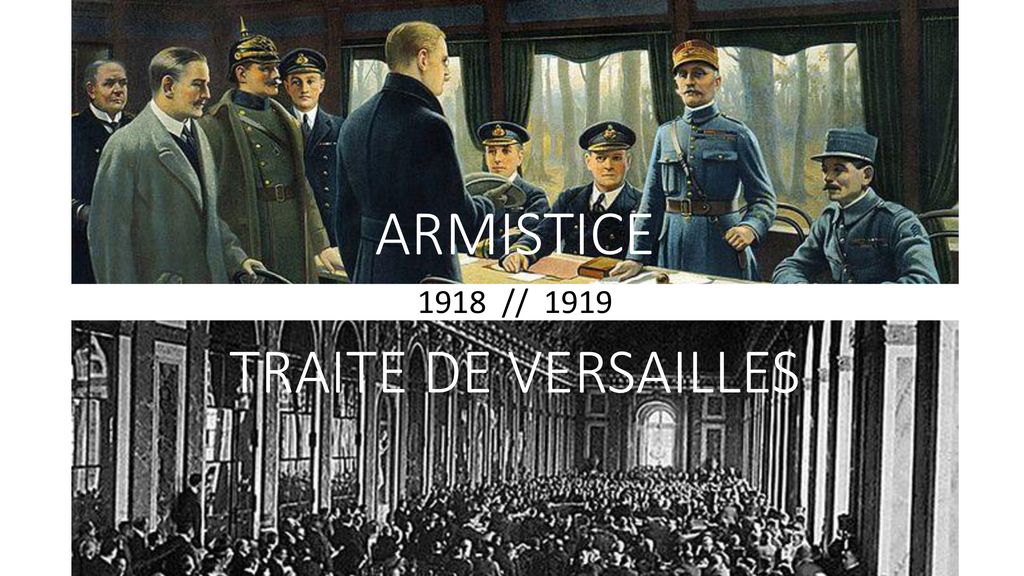
Y, ante una presa herida de muerte, todo el mundo presentaba solicitud de reparaciones sazonadas de falsedad. Con la caída de los Habsburgos, de forma insensata surgía la creación de una serie de nuevos países unidos con alfileres y decisiones arbitrarias. Pero, además, le colgarían al derrotado un castigo igualmente insensato con una gran hipoteca condenado a pagar lo que era imposible. Y sería algo en desacuerdo de lo que anteriormente les informaran y los alemanes se sentían engañados. Y en esos acuerdos no se incluía a Rusia lo que provocaría consecuencias fatales, lo mismo que Japón sintiendo la falsedad de lo que le habían notificado.
- Hits: 52

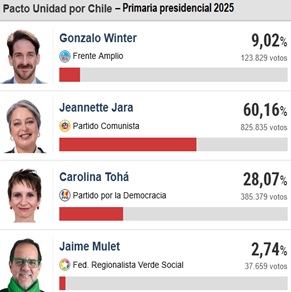

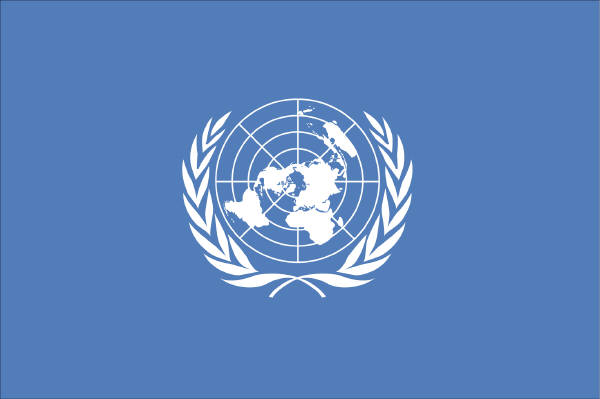
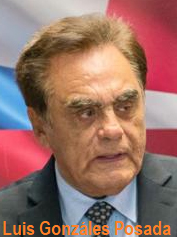 En Rabat, asistí al foro 2025 de la Academia Real de Marruecos, prestigiada institución dirigida por el Secretario Perpetuo, Abdeljalil Lahjomri, de la cual soy miembro de honor desde el 2023.
En Rabat, asistí al foro 2025 de la Academia Real de Marruecos, prestigiada institución dirigida por el Secretario Perpetuo, Abdeljalil Lahjomri, de la cual soy miembro de honor desde el 2023.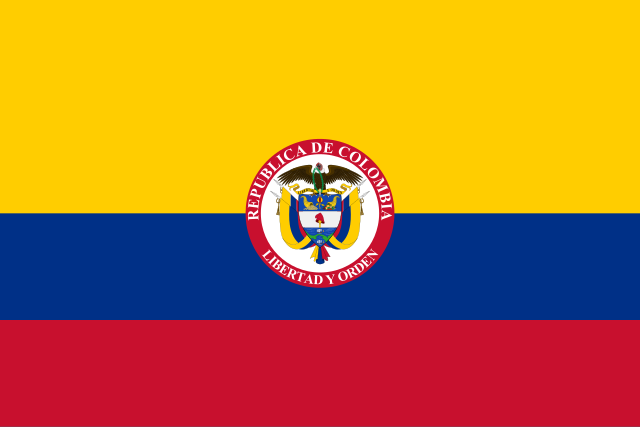
 Colombia ha sido sin duda alguna el Estado mas acosado por los extremismos políticos y el crimen organizado, dos factores cismáticos que afectan profundamente el desarrollo humano, aunque es obligado reconocer que, a pesar de las profundas crisis, la alternabilidad democrática no ha sido quebrantada y no por falta de malas intenciones de algún que otro gobernante.
Colombia ha sido sin duda alguna el Estado mas acosado por los extremismos políticos y el crimen organizado, dos factores cismáticos que afectan profundamente el desarrollo humano, aunque es obligado reconocer que, a pesar de las profundas crisis, la alternabilidad democrática no ha sido quebrantada y no por falta de malas intenciones de algún que otro gobernante.
 D
D